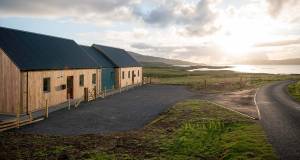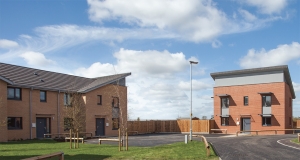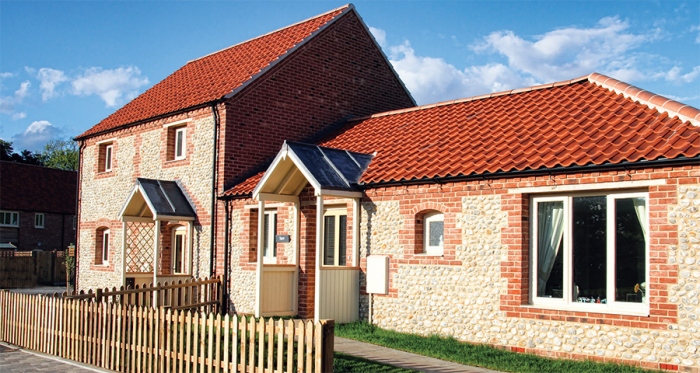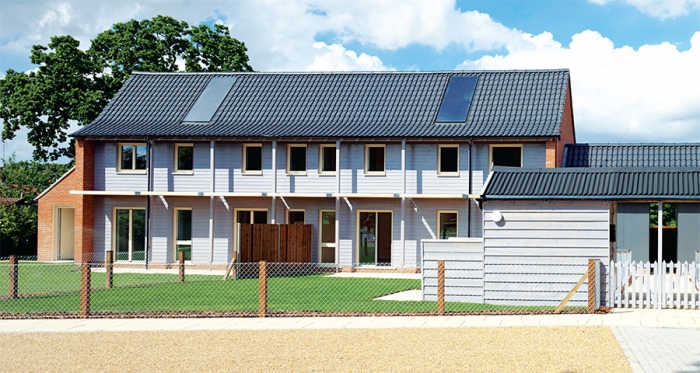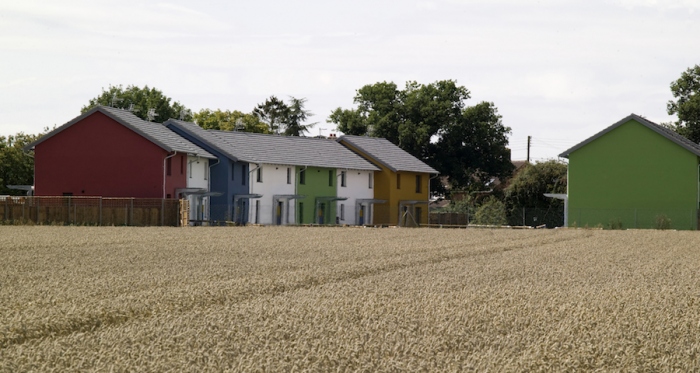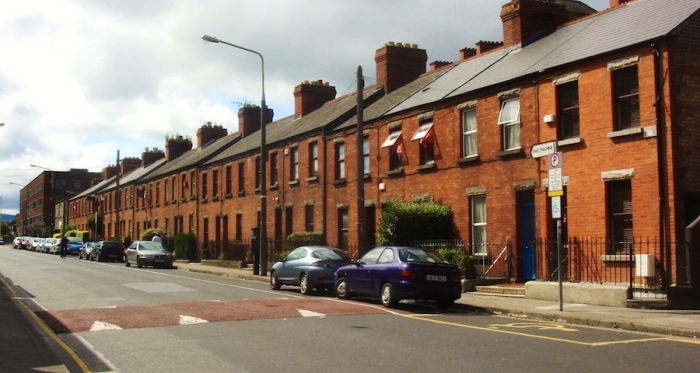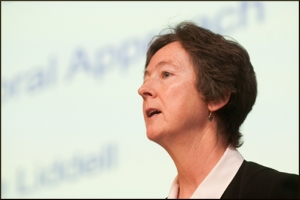
The government's cuts to its Better Energy grants will cost jobs and
make it extremely difficult for Ireland to meet its retrofit and energy
reduction targets, green building magazine Construct Ireland has warned.
Following the budget, the Sustainable Energy Authority of Ireland
reduced grants for
cavity wall insulation from €320 to €350. Grants for
internal and external wall insulation were also reduced — previously
these were €2,000 and and €4,000 respectively, but now separate rates
have been introduced for different house types, with the maximum being
€1,800 for
internal insulation and €3,600 for external.


